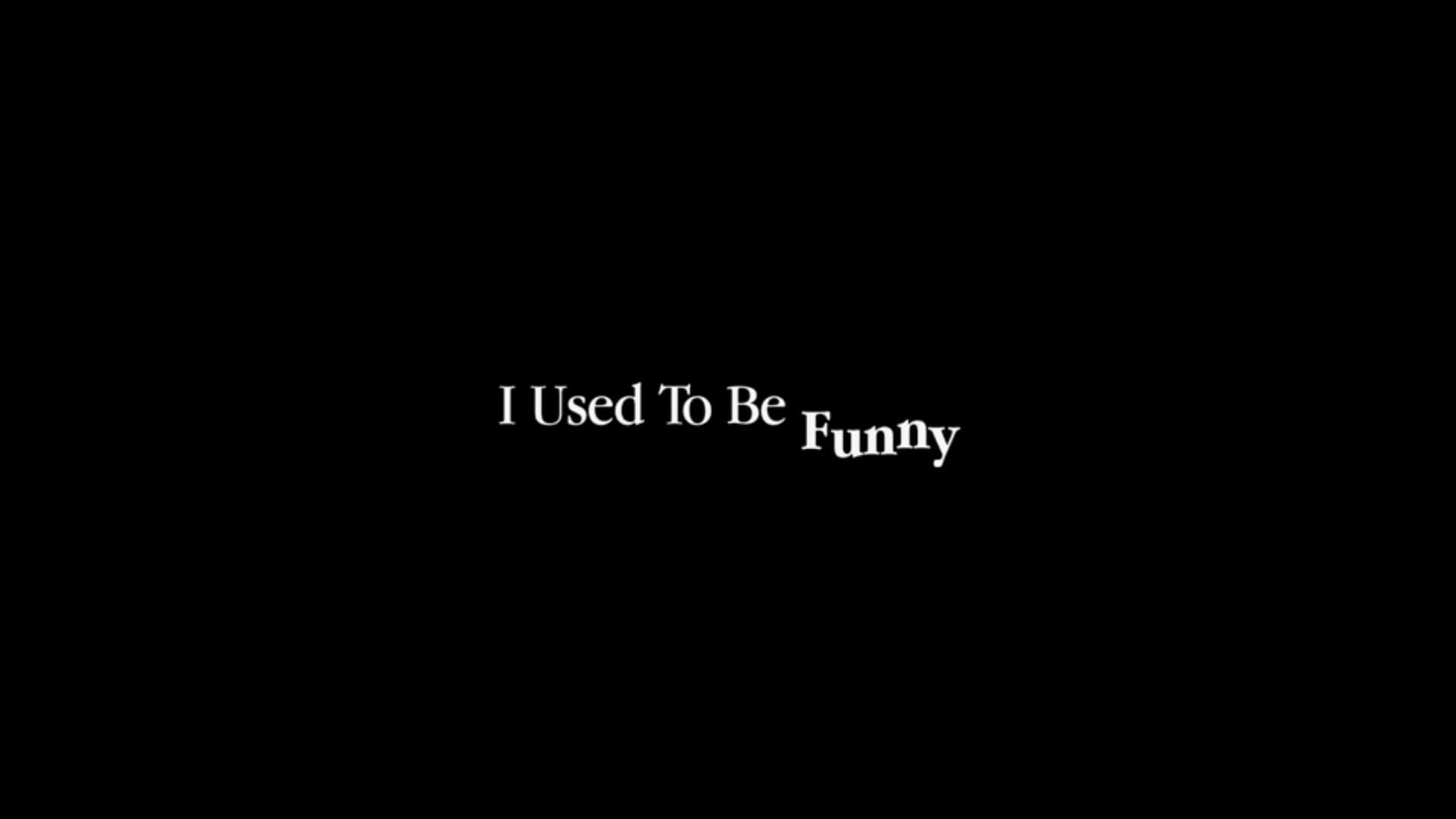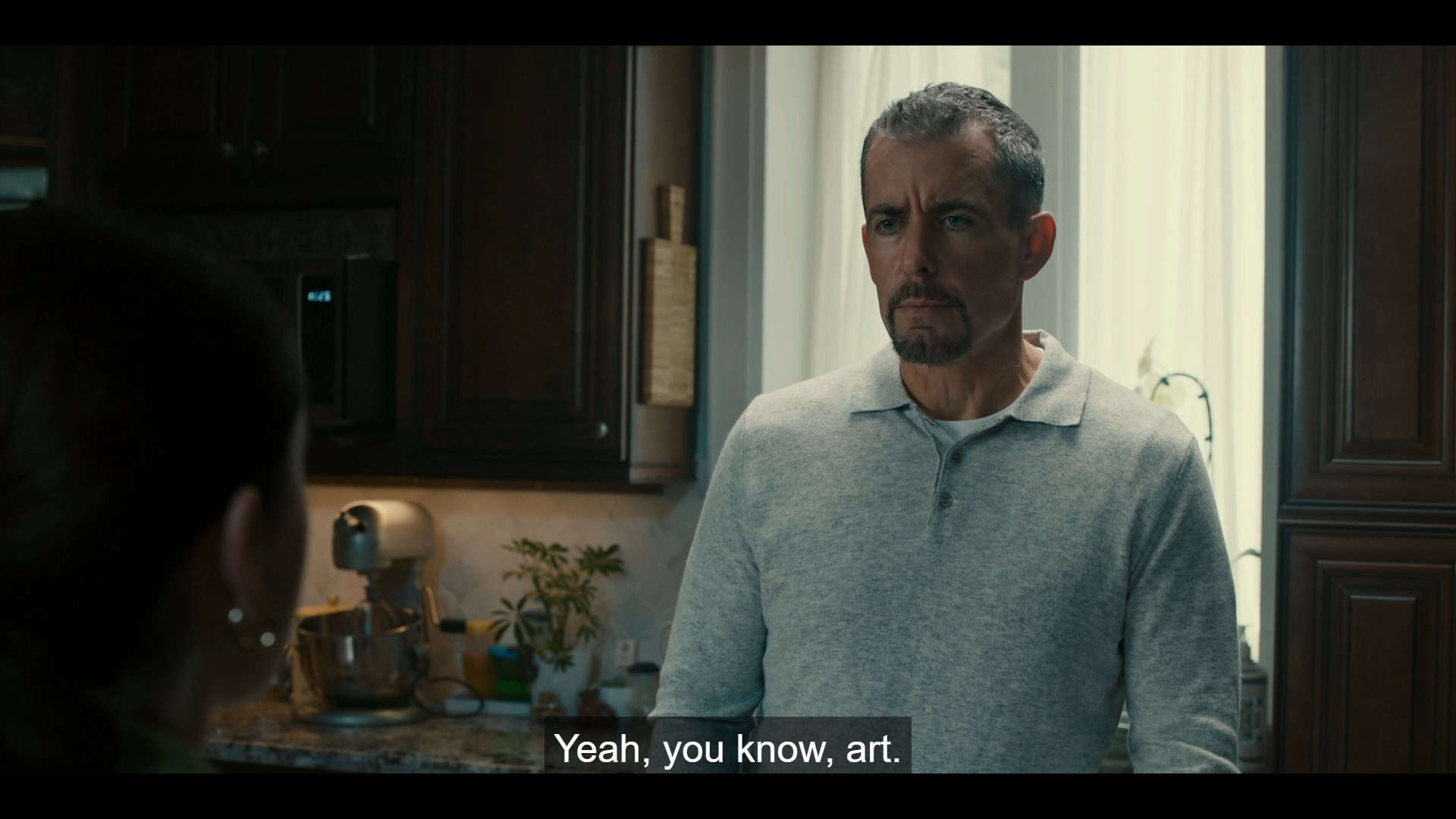I Used to Be Funny (2024)
In “I Used To Be Funny,” Rachel Sennott veers towards a more dramatic role, which may struggle at times to hold your attention.

Spoiler Alert: This summary and review contains spoilers.
Additionally, some images and text may include affiliate links, meaning we may earn a commission or receive products if you make a purchase.
Plot Summary
In “I Used To Be Funny,” we follow Sam Cowell, a stand-up comedian, who is making progress in her career. She has taped one special and is working on material for her second one. However, her life goes off track after her day job as an au pair to a young tween named Brooke becomes traumatic due to Brooke’s father, Cameron.
Cast and Character Guide
| Character’s Name | Actor’s Name |
| Sam | Rachel Sennott |
| Brooke | Olga Petsa |
| Cameron | Jason Jones |
Sam

Sam is a comedian whose career is on the rise in Toronto, but after an incident, her personal and professional life is upended, and she takes an elongated pause.
- The actor is also known for their role in “The Idol: Season 1.”
Brooke

Brooke, in present day, is a 14-year-old girl reeling from what happened to her parents and not having a consistent presence in her life.
Cameron

Cameron is a cop, Brooke’s father, and Sam’s employer, who works a lot and drinks to let loose sometimes.
Content Information
- Dialog: Cursing
- Violence: N/A
- Sexual Content: Sexual Situations (Implied), Implied Abuse
- Miscellaneous: Drinking, Drug Use, Vomiting
Review
Our Rating: Positive (Worth Seeing)
Good If You Like
- Comedic actors doing dramatic roles
Check out our movies page for our latest movie reviews and recommendations.
Highlights
It Doesn’t Depict The Assault
Thankfully, as the topic of assault, especially sexual assault, gets talked about and the effects depicted more, the need to show it has lessened. With “I Used To Be Funny,” you may think we’re building up to see what happens to Sam, but thankfully, we’re only shown the situation. Cameron being in a drunken state, Sam uncomfortable, and before there is any removal of clothes, it is expected the audience gets what happened.
Now, I’m not saying we’re the type to be triggered by seeing scenes like this, but as time goes on, there is a question of whether scenes depicting a character being assaulted are necessary? More so, recognizing the signs of when things are becoming dangerous feels like what needs to be depicted over the violent and traumatic events as they happened.
Brooke and Sam’s Relationship
While Sam does present that she is being paid to hang out with Brooke from the start, there is no denying that even with a monetary incentive, Brooke and Sam bond. Not in the usual way we see in films like this, with Sam noting her mom is dead and that being the connecting tissue between the two. Instead, Brooke grows into what can be seen as a little sister to Sam. One who isn’t annoying but kind of cool to her and is someone she doesn’t mind exposing her friends to since she can hang.
It is what makes Brooke being volatile at times all the more meaningful since, you know, with the state her mom is in and how her dad is checked out, Sam is her person. So, while a massive responsibility, it is one that Sam agreed to, and anytime she doesn’t honor that, it only makes sense for someone Brooke’s age to either shut down or blow up.
On The Fence
It May Lose Your Attention Throughout
“I Used To Be Funny” might be well written, and we will definitely note Brooke’s actress Olga Petsa for her performance, but I wouldn’t say it is something that can, outside of a theater, maintain your attention. Rachel Sennott may still bring who she often portrays, just less messy and zany, but what makes her often a notable part of any production is who she plays off of.
This isn’t a comedy; it’s a drama. Also, in “I Used To Be Funny,” Sennott doesn’t have that partner to play off of to make her come off great or play the opposite of. Thus, she is able to give an adequate performance, but not the kind that pushes the idea she can do it all.
General Information
| Film Length | 1 Hour 46 Minutes |
| Date Released (Digital) | June 18, 2024 |
| Distributor | Utopia |
| Director(s) | Ally Pankiw |
| Writer(s) | Ally Pankiw |
| Based On Work By | N/A |
| Genre(s) | Drama, Young Adult |
| Content Rating | Rated R |
“I Used To Be Funny” Ending Explained
Throughout the movie, the worry increasingly becomes about where Brooke is? After her dad is sentenced to prison, her life is upended, and it means losing the house and having to live with her aunt since Brooke is 14 and her mother is dead. Now, with Sam being the one who accused Cameron of assault, she gets all the blame for what has happened in Brooke’s life, but it isn’t just the accusation and the fallout, but also because Sam abandoned Brooke after all was said and done.
Thankfully, despite all the blame Brooke throws Sam’s way, over the two years she was Brooke’s au pair, they formed a bond that included letting Brooke into Sam’s personal life and meeting her friends and even her boyfriend. So, when Sam learns Brooke is missing, she uses what little she remembers about the people in Brooke’s life to track her down to some 18-year-old guy’s house, where Brooke is high on drugs.
Luckily, Brooke wasn’t strung out and wasn’t being taken advantage of to the point Sam feared. However, she is in massive trouble since Brooke is considered missing. But, before turning her in to her aunt, who will know all Brooke did when she ran away, Sam takes Brooke to Niagra Falls, and they begin the journey of healing their relationship.
Is There Sequel Or Prequel Potential?
Both are possible but unlikely. A prequel to “I Used To Be Funny” could happen featuring Sam’s rise in comedy, or let us meet Brooke’s mom and see how her getting sick changed the family’s dynamics. Then, regarding a sequel, we could watch Sam try to balance her return to the stage and potential stardom with trying to hold her promise to Brooke and not abandon her.
Images used for editorial and commentary purposes. All rights remain with their respective copyright holders.


